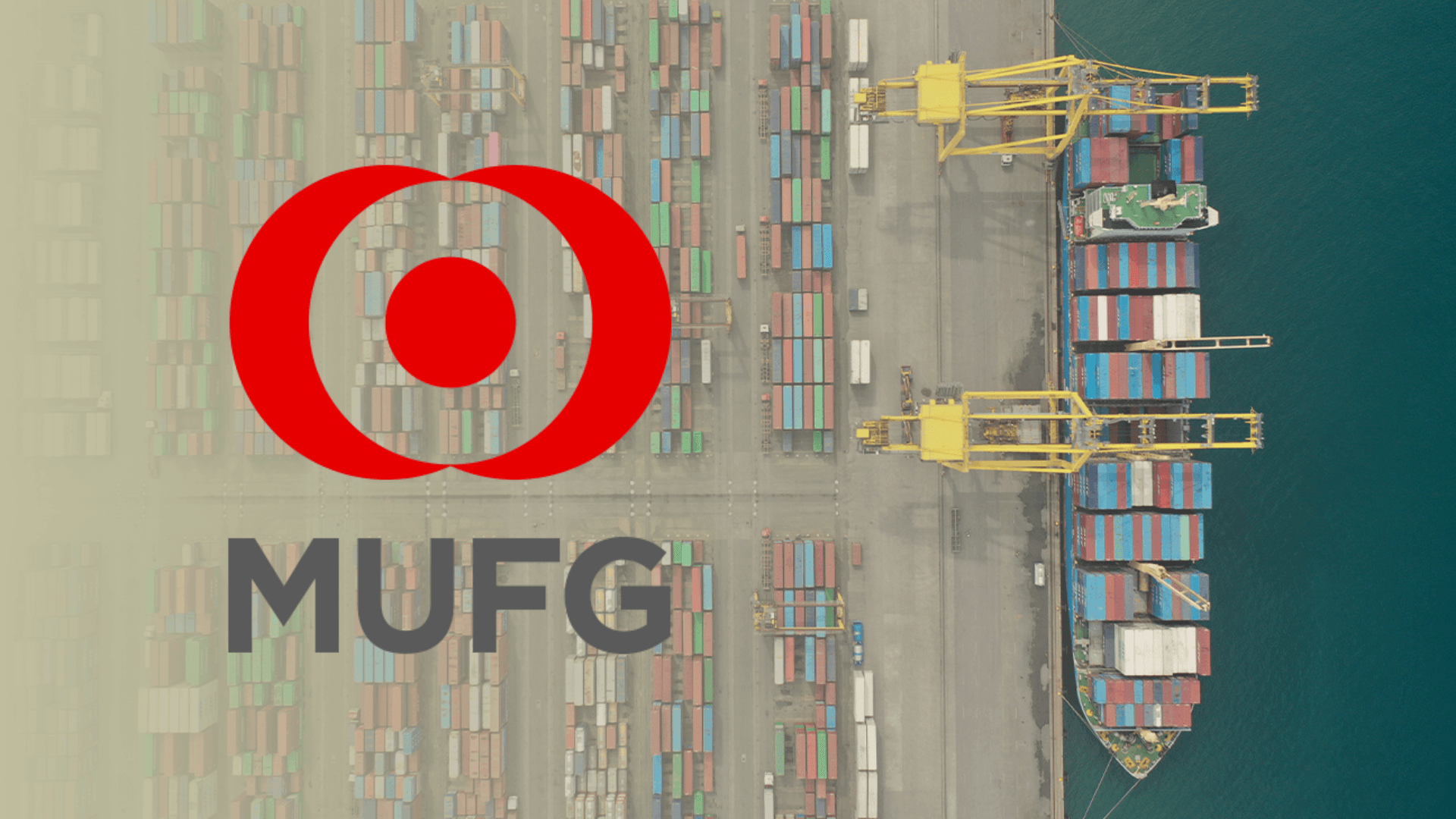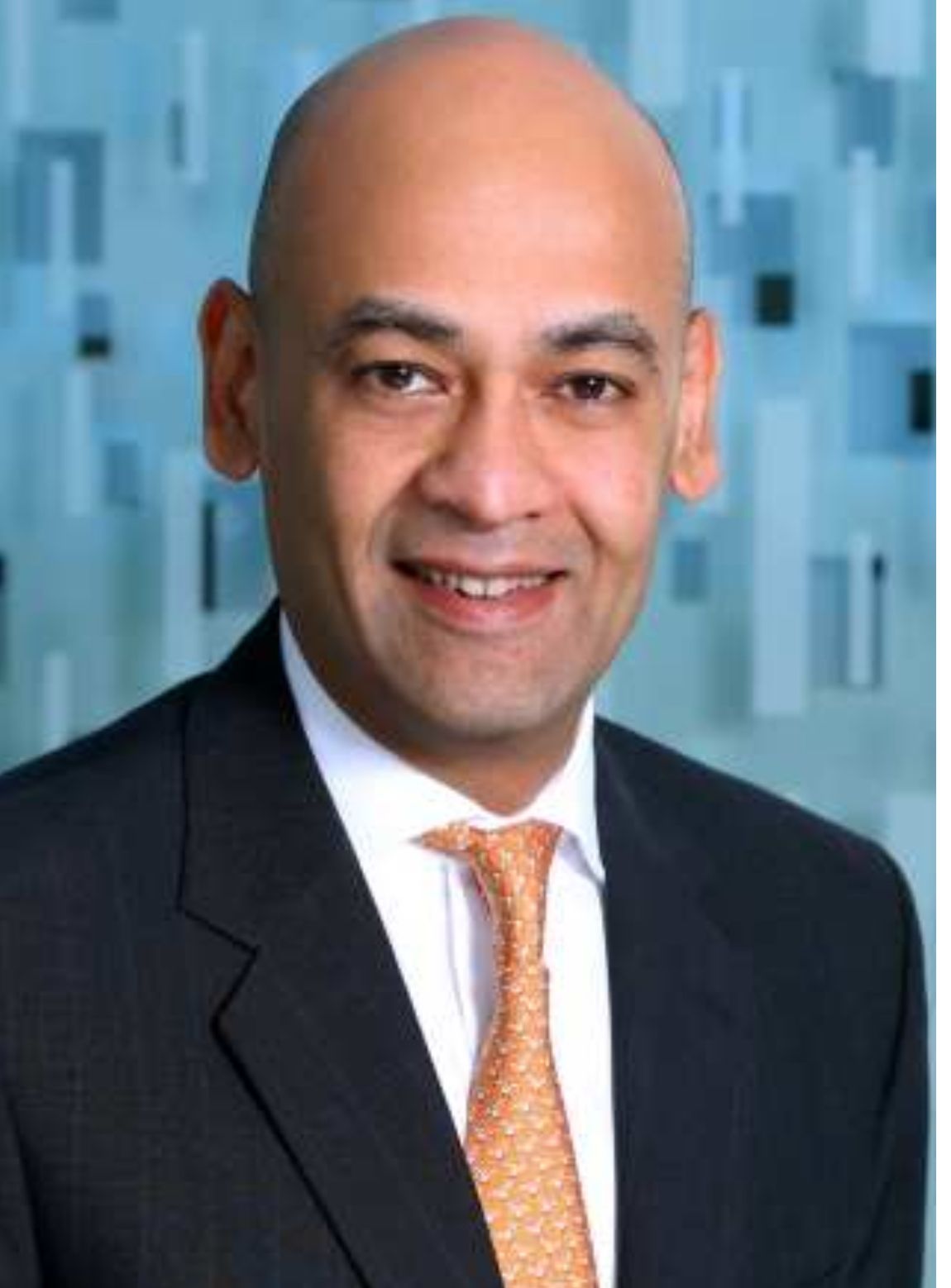Philippines' limited role in tariff wars reflects its manufacturing sector lagging behind

While the Philippines would be insulated from the tariff wars initiated by United States (US) President Donald Trump, it cannot reap the potential benefits from the supply chain restructuring of affected businesses in targeted countries.
This highlights the need for the Philippines to enhance the competitiveness of its manufacturing sector in order to better compete with its neighbors, economists said.
"The Philippines is much less exposed to Trump's tariffs, certainly relative to the likes of China, India, and Vietnam. Nonetheless, the flipside is that the Philippines is unlikely to benefit from continued supply chain diversification due to higher tariffs on China, given the structure of its export basket," MUFG Global Markets Research senior currency analyst Michael Wan said in a March 28 report.
"The Philippines being more domestically oriented and also having a more narrow goods export basket focusing on semiconductor testing and assembly will unlikely benefit from supply chain shifts due to these tariffs," Wan explained.
Amol Gupte, Citi's Asia South head, told reporters on Friday, March 28, that the Philippine economy is "lucky" to be mainly domestic consumption-driven amid "so much global uncertainty."

"The Philippines is quite shielded from what might happen to the tariff war. There may be some impacts on the margin, but for the most part, we don't see a big impact on the Philippines," said Gupte on the sidelines of Makati Business Club's (MBC) global leaders session.
While the Philippines has a robust services sector, Gupte said the country has not become a manufacturing powerhouse, unlike many of its neighbors, particularly China and Vietnam.
"With global trade being rewritten, I think it's an opportunity for the Philippines to focus on manufacturing," he said.
To become more attractive for manufacturing investments and jobs, Gupte said the country should address the same old concerns: red tape in the bureaucracy, especially in tax payments; high power costs, which are the second highest in Southeast Asia after Singapore; and lack of infrastructure.
For Gupte, the Philippines is "never too late" to catch up in manufacturing and take advantage of opportunities presented by the tariff war, especially as it has close relations with the US.
In a March 27 report, DBS Group Research senior economist Ma Tieying said that in Asia, Thailand and Vietnam would be the most vulnerable to Trump's reciprocal tariffs.
Per sector, South Korea is deemed most exposed to looming US tariffs on automobiles; Singapore on pharmaceuticals; and Malaysia on semiconductors.
DBS noted that in the region, China, Vietnam, Taiwan, Japan, South Korea, India, Thailand, Malaysia, and Indonesia were among the US's top 15 sources of its trade deficit last year.
In the case of the Philippines, its top export to the US in 2024 was computer accessories, although valued at merely $3.1 billion. Shipments of semiconductors—the Philippines' top export commodity—to the US last year reached only $2.1 billion, compared to Malaysia's $16.2-billion worth.
The Philippines' total exports to the US in 2024, worth $14.2 billion, were dwarfed by neighboring China's $438.9 billion, India's $87.4 billion, Indonesia's $28.1 billion, Japan's $148.2 billion, Malaysia's $52.5 billion, Singapore's $43.2 billion, South Korea's $131.5 billion, Taiwan's $116.3 billion, Thailand's $63.3 billion, and Vietnam's $136.6 billion, DBS data showed.
In a March 26 report, Capital Economics research assistant Jack Oatley said that the think tank doesn't believe shifts toward US trade protectionism would cause exports from emerging markets, like the Philippines, to slump.
However, exporting countries that are most reliant on the US market, such as Mexico and Vietnam, "will face the biggest challenge," Oatley said.